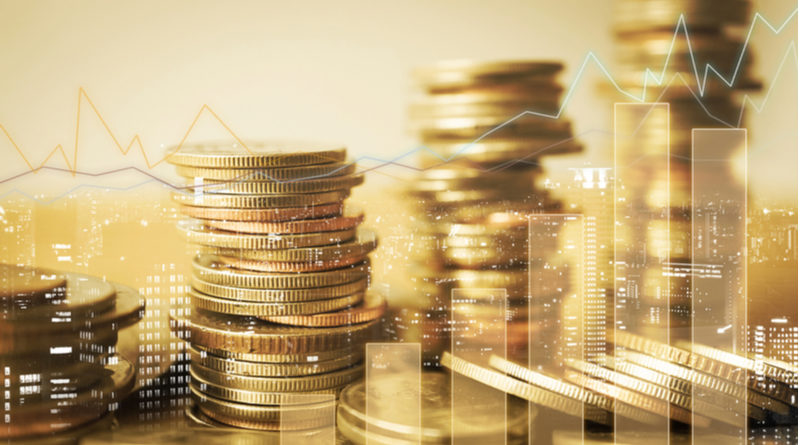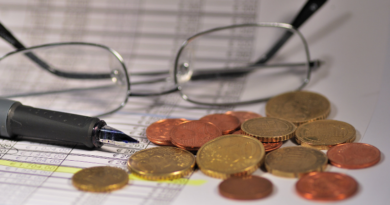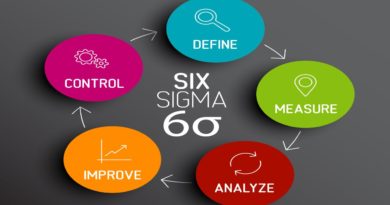Economics Courses: Learn Economics
Considering a Course in Economics?
When we think about economics or the economy, we typically think about money, goods, and services. While these are aspects of an economy, economics at its core is about human actions and decisions.
Simply put people need resources (money, natural resources, services, etc.) to fulfill their desires – but resources are limited while desires are unlimited, so people need to make choices about how to use the limited amount of resources that they have. Economists study these choices and actions that we make as individuals. Economics is about our wants, needs, and abilities and it is about how we interact with others to benefit each other and build society.
The tools that Economists have developed to study human behaviour have broad uses outside of what we would traditionally consider economics. Economists study not only economic markets but things like crime, war, families, religion, culture, politics, law, and even genetics making the options for a career in economics very broad.
What is Economics?
Economics is the study of how society, businesses, and governments make decisions given the resources that are provided to them. Economics is the study of limited resources and how they are produced and how they are used. Economics is the study of people and choices.
The two main areas of study in Economics are microeconomics and macroeconomics. Microeconomics is the study of the dynamics between individuals and industries while Macroeconomics is the study of the economic activity of an entire market or country. The two most important assumptions in all of Economics are that everything has a cost and that people have unlimited wants but limited resources (often referred to as scarcity). If these assumptions are true then we need a way to analyze our choices to get the most from our limited resources – and that is Economics in a nutshell.
Why learn about Economics?
Economics is the study of people and it seeks to explain what drives human behaviour, decisions, and reactions when faced with difficulties or successes. Economics is a discipline that combines politics, sociology, psychology, and history. When you study economics you gain a range of skills, approaches, and ways of thinking that you can apply to a wide range of problems. Economics is one of the most vital concepts in the study of business, finance, and the public.
Some careers use specific knowledge of economics, for example, banks, insurance, accountancy firms, businesses, and government. These jobs may involve identifying financial risks or making decisions about where a company or a government should invest its resources in the future. People who have studied Economics and Finance are always in demand for jobs in banking and the financial sector, such as in accountancy firms.
What Will I Learn?
- You will learn about people and their decision making patterns.
- You will learn about supply and demand, interest rates, price controls, and the economy.
- You will learn to think critically about problems in business and have a good understanding of the national economy.
- You will learn about exchange rates, monetary policy, inflation, and taxation.
- You will learn about estimation, production, and cost theory.
- You will learn about international trade and analysis of the market structure.
- You will learn about unemployment and government policies.
- You will learn about communication, numeracy, and problem-solving and analytical skills.
Career Opportunities in Economics
After completing your course in Economics, you can expect to work as an Economist, Analyst, Budget Analyst, Industry Analyst, Field Marketing Associate, Financial Assistant, Loan Officer, Research Assistant, Statistician, or Systems Analyst.
If you’re serious about doing a course in Economics and would like to learn more about Economics and the Economy check out courses in the Nightcourses.co.uk national course finder.




